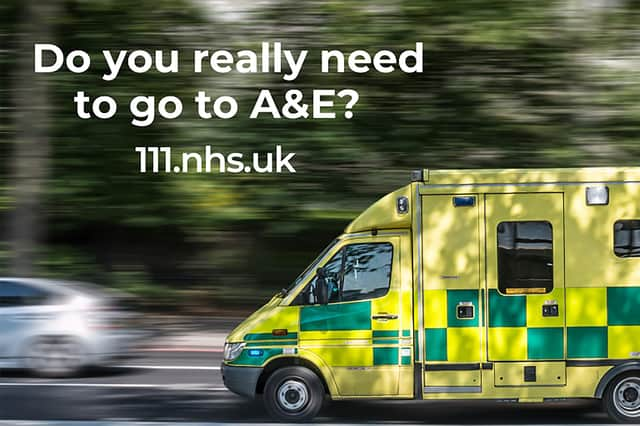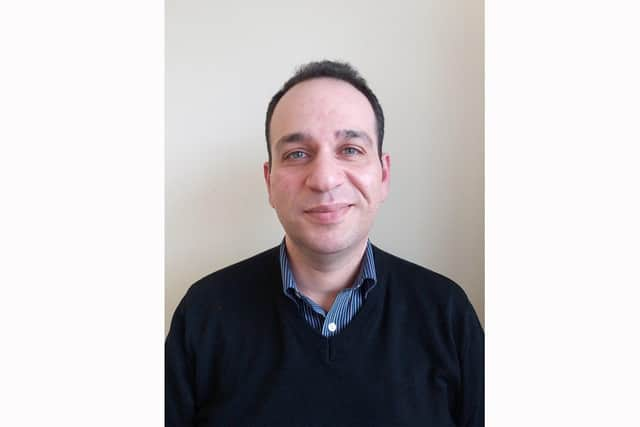Key changes made to NHS services in Portsmouth area as staff face greatest pressure since first peak of pandemic


The NHS is always there for anyone who needs help, but with the combined pressures of COVID-19, high rates of staff sickness and high demand for care, more must be done to help frontline teams care for those most in need.
Some key changes being made are:
People arriving at the Emergency Department (ED) who don’t need emergency care will be redirected to other, more appropriate services. This will help the staff there to focus their skills and efforts on patients with life-threatening illness or injury, or needing emergency care.


When patients are ready to go home from hospital – sometimes even if they continue to test positive for COVID-19 – families or carers will be asked to help make sure the move is completed quickly. The hospital bed will be used by other patients, who are in greater need of hospital care.
The changes are being made because staff working in GP surgeries, NHS 111, ED, mental health services, and ambulances – across all parts of the local NHS – face greater pressures than at any point since the first peak of the pandemic.
Dr Zaid Hirmiz, clinical director for south eastern Hampshire area in the Hampshire and Isle of Wight Integrated Care System, said: ‘The ongoing support from the public for our NHS teams is humbling, and so important. Those teams remain absolutely focused on caring for their patients, which they do brilliantly, but the pressure on them is now at a point that we need to give them extra, practical help.
‘I know that we often ask people to choose the NHS service they need carefully, but now we are having to go further.
‘If someone arrives at ED and they are assessed as not needing emergency care, they will be steered towards other services which are better placed to help them. We simply must do this to help staff focus on those people who are seriously, even critically, ill.
‘And we also need to act so that beds are quickly available for the people who absolutely need hospital care. Sometimes, even though someone is well on the way to recovery, we struggle to get them home promptly and so we need families and carers to help us to avoid that. We must ensure that our hospital beds are available for those people who cannot be cared for anywhere else.’
There is a wealth of information on which service to use, and when. This includes mental health care and dentistry as well as urgent treatment centres.
And if you are not sure which service you need, why not let the experts take the stress out of the situation and help you make the right call?
The 111 online service (and 111 phone service) can help you when you feel you need help quickly, but are not sure where to turn.
Dr Hirmiz added: ‘We would like to thank everyone again for their support.’